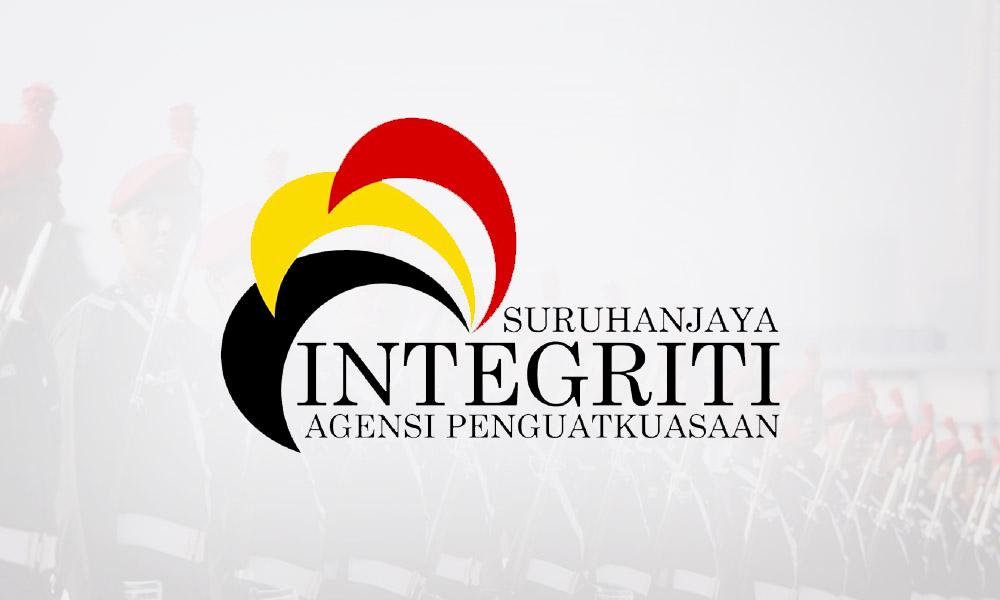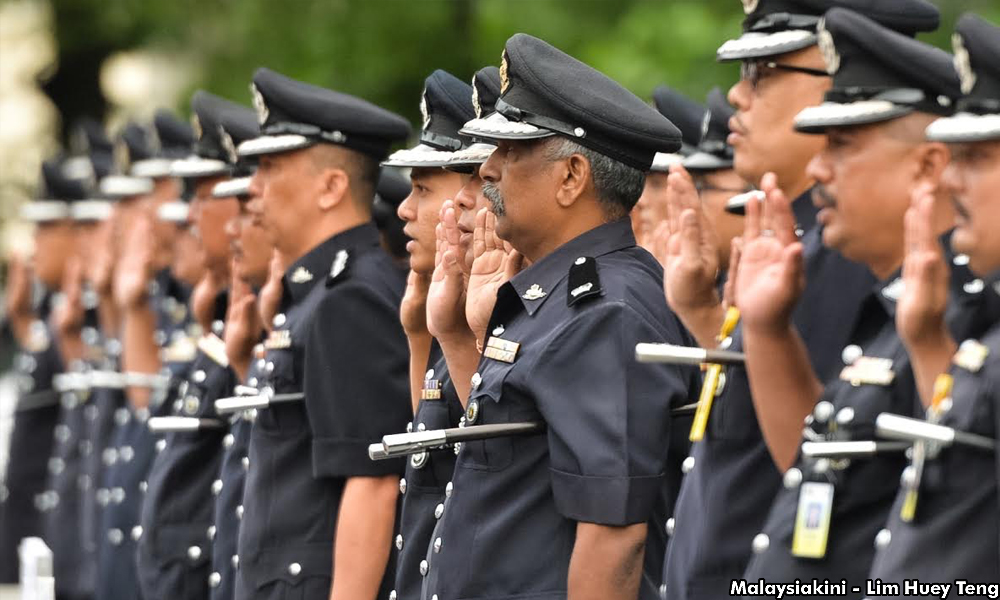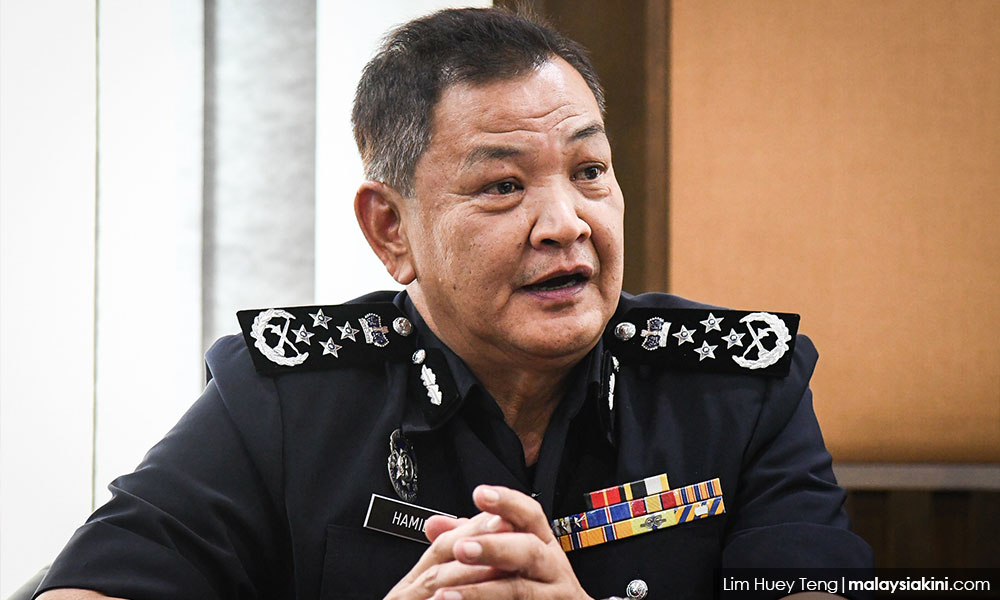
The Enforcement Agency Integrity Commission (EAIC) should not be dissolved when the Independent Police Complaints of Misconduct Commission (IPCMC) comes into force, said human rights group Malaysians Against Death Penalty and Torture (Madpet).
Its coordinator Charles Hector Fernandez said there is still a need for an oversight body for enforcement agencies other than the police force.
"Whilst the future new IPCMC would be dealing with complaints about police officers, the EAIC is currently dealing with complaints about almost all other enforcement agencies officers including the Immigration Department, Housing and Local Government Ministry, Labour Department, Industrial Relations Department, Occupational Safety and Health Department, Road Transport Department and Environment Department .
"A perusal of the statistics of complaints received indicate that complaints were received concerning many other agencies other than the police," he said in a statement today.
Fernandez was referring to the IPCMC Bill 2019, which was tabled in the Dewan Rakyat last month and will be debated in the next sitting in October.

The bill stipulates that the EAIC would be dissolved with the introduction of the IPCMC, which is a specific oversight body for the police force, and all EAIC assets will be transferred to the IPCMC.
Fernandez noted that there have been many complaints regarding the other agencies under the EAIC and therefore it should be retained and its functions enhanced.
"Madpet is of the position that the EAIC is very much still needed, and its powers should also be extended to prosecution.
"The scope of agencies covered by the EAIC should also be extended, including to maybe cover also the MACC, the Prison Department and even the Election Commission," he said.
The IPCMC was first mooted in 2005 by the Royal Commission to Enhance the Operation and Management of the Royal Malaysian Police, headed by former Chief Justice Mohamed Dzaiddin Abdullah.
A watered-down version in the form of the EAIC, which can investigate and provide recommendations but has no powers to take action against errant enforcement agency officials, was introduced after fierce objections by the police leadership at the time.

However, the police under the leadership of Abdul Hamid Bador (photo) has been more receptive to the oversight body on condition that police welfare is improved.
The IPCMC Bill, if passed, will not only allow the commission to investigate the police force but also take disciplinary action, including dismissal.
Fernandez said while the disciplinary power is new, the IPCMC should also be given prosecution powers.
De facto Law Minister Liew Vui Keong had said that the government is engaging stakeholders on the IPCMC ahead of the debate in Parliament in October and is preparedto consider changes. - Mkini



No comments:
Post a Comment
Note: Only a member of this blog may post a comment.